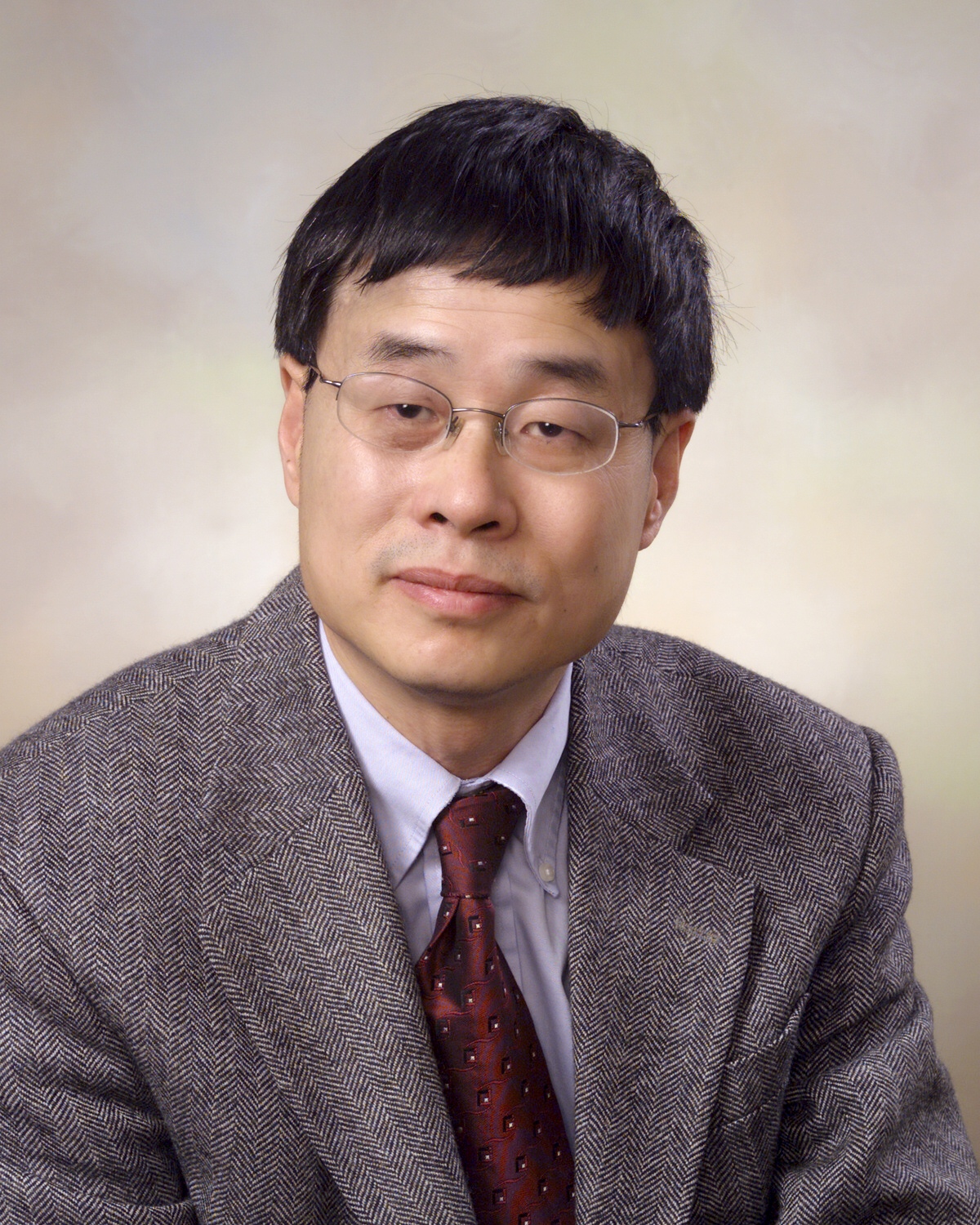

题目:Electrocaloric Cooling: From Materials to Devices
时间:2018年12月17日 9:30
地点:80足球直播吧 振华会议室
邀请人:钱小石副教授(制冷与低温工程研究所)
Biography
Qiming Zhang (Q. M. Zhang) is a Distinguished Professor of Electrical Engineering at Penn State University, 
USA. He is a fellow of IEEE and APS. Since1991, he has been a faculty at Penn State. In addition, he has held tenured professor positions at University of California at Los Angles and University of Pittsburgh. He has conducted advanced researches covering polymers and nanocomposites for energy storage and high voltage applications, electrocaloric effect and solid state cooling devices, actuators, sensors, transducers, energy harvesting, polymer thin film devices and MEMS, and electro-optic and photonic devices. He has more than 450 publications, including 5 papers in Science and Nature, and 20 patents in these areas. He has invented a class of electroactive polymers, possessing giant electroactuation and the highest dielectric constant among all the known polymers, suitable for energy storage (Science 280, 2101(1998)). The polymers has been commercialized by Arkema. Zhang founded a technology company, StrategicPolymer Science, Inc.(now Novasentis), which has successfully commercialized the electroactive polymer actuator products for wearable, haptics, and IOT applications. He also made breakthrough and discovered giant electrocaloric effect in a class of polymers(Science 2008). Solid state electrocaloric cooling offers high efficiency, compact size, and zero-greenhouse gas emission, leading to wearable and personal coolers, and flat panel air conditioners.
Abstract
The direct and efficient coupling between the electric signals and the elastic, thermal, optical and magnetic signals in ferroelectrics makes them attractive for exploring a broad range of cross-coupling phenomena which have great promise for new device technologies. This talk will present recent breakthroughs and advances in ferroelectrics with giant electrocaloric effect and device works enabled by these novel materials. Solid-state electrocaloric (EC) cooling technologies, a compact, quiet, efficient, and distributed 21st century technology that emits no greenhouse gases, have the potential to replace vapor compression cooling (VCC), a bulky, noisy, inefficient, and centralized 19th century technology that emits 177 million metric tons of CO2 per year. The talk will present the potential of the solid state EC cooling in enabling distributed/localized climate control and cooling (in buildings, vehicles, and data centers), personal/wearable cooling, and affordable localized water harvesting/generation which provides access to clean water in the world. All of these will save energy, improve productivity, protect human health, and mitigate the impacts of global warming.
